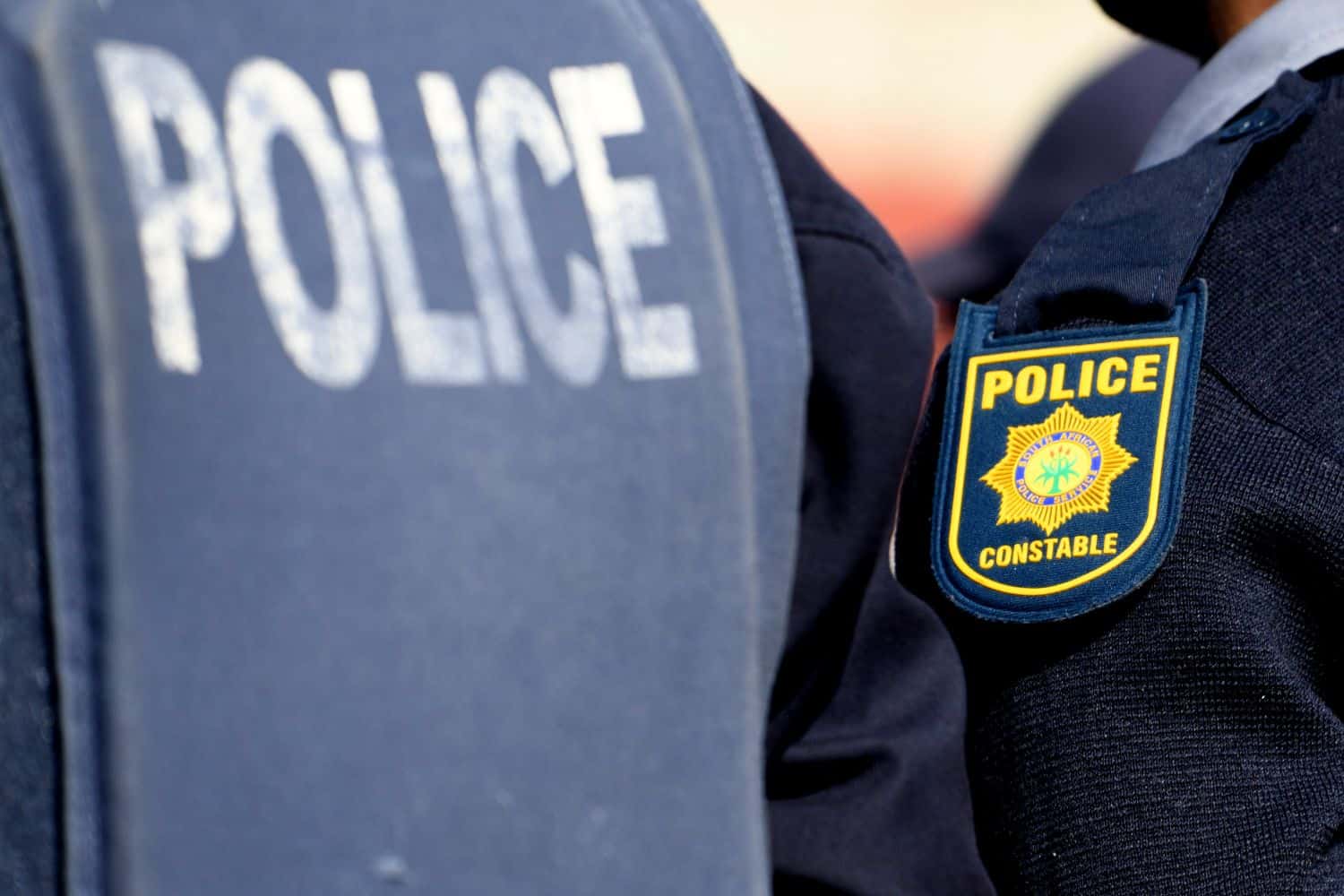Winde said one of the biggest problems in the province was the resourcing of police.

The Western Cape is battling gangsterism and gang violence, with police reporting shootings daily in the region.
Just last week, an intelligence-driven operation led police to a house at Lentegeur, Mitchells Plain, where they discovered an arms cache.
Police discovered 19 firearms, an assortment of 1 500 rounds of ammunition, three gun safes, 26 magazines, a stun grenade, a silencer and a shooting practice target board.
The illegal firearms and ammunition were concealed in cooler boxes and safes in the apartment.
ALSO READ: Who is behind this? Police operation uncovers arms cache, shooting target at Mitchells Plain home
“The find is believed to be part of an orchestrated plan to perpetuate gang violence that is currently afflicting several communities in Cape Town,” said Potelwa.
“Who is sponsoring that? Who is behind all this? Because we know some of the big guys have been arrested and are inside. But we’re seeing that the shootings are still continuing, and we’re seeing these guns in a quiet area,” Brigadier Novela Potelwa said at the time.
Western Cape crime
On Wednesday, Premier Alan Winde, Western Cape MEC of Police Oversight and Community Safety Anroux Marais, and Mark Shaw, director of the Global Initiative Against Transnational Organised Crime, held a media briefing to discuss the importance of partnerships in addressing the scourge of gangsterism and organised crime.
Among other strategies discussed, Shaw emphasised the need for collaboration between provincial and national police leaders, along with other sectors of society.
He said the country needed to move from a reactionary position to a proactive one, but the government would need to strengthen its crime intelligence to achieve this.
ALSO READ: Police maintain presence in Mitchells Plain following fatal shooting of teenagers
“A lot of issues around organised crime are that there is simply not enough information. We do need to start doing things differently; this simply cannot continue,” said Shaw.
“Police officers are either scared of being threatened. We need to reduce inequality and prevent recruitment, especially of youth. There is often no immediate silver bullet in cases like these. Politicians and others are under pressure to deliver immediately, but these are problems that are generations in the making.
“The key thing to do is to move from a reactive to a proactive strategy. We constantly react to shootings, as depressing as they are, and one of the challenges is that as soon as the violence goes away, deployment and resources go away, but organised crime doesn’t go away. There is no intelligence to be proactive and to build an intelligence system that works; it takes time. You’ve got to dominate the spaces that gangs are in, and that means boots on the ground. However, that’s a temporary solution.”
Military forces and police
While there have been suggestions that soldiers should be permanently deployed to areas such as the Cape Flats to quell gang violence, Shaw said this would only be a temporary solution.
“If things do get out of hand and you cannot provide ground coverage, then military forces are an option, but they are a last resort,” said Shaw.
“Generally, militaries are not designed to fight gangs and organised crime and military officers do not want to deploy because they worry about corruption and other issues related to it. They are a temporary solution to provide ground coverage. They are part of a reactive solution because it is visible.”
ALSO READ: Teen arrested for murder of slain magistrate – Romay van Rooyen
The South African Police Service (Saps) has been recruiting officers, with national police commissioner Fannie Masemola in June announcing they would be recruiting 5 500 more police trainees.
Their training will commence between January and February 2026.
In the past three years, the Saps has added more than 30 000 officers on the ground. However, they are struggling to keep up with the crime.
Resourcing
Winde said one of the biggest problems in the province was the resourcing of police.
“When I became premier in 2019, we had 20 000 officers deployed to this region. We now have 13 000. Crime has increased, while deployment has decreased. We’ve added to that another 1 200 officers, and yesterday we added another 700 officers. They will be deployed across every single ward in the City,” said Winde.
“In the real big picture, we have far fewer boots on the ground than we had six years ago. The deployment is not the only problem. Where they are deployed, how they are deployed and how they are resourced is another problem.”
ALSO READ: Murder of a magistrate: Woman sentenced to 26 years
Marais called for the strengthening of crime intelligence.
“Crime intelligence is not good. We really don’t know what is happening and what is coming next, so that is a big concern for us and Saps,” she said.






